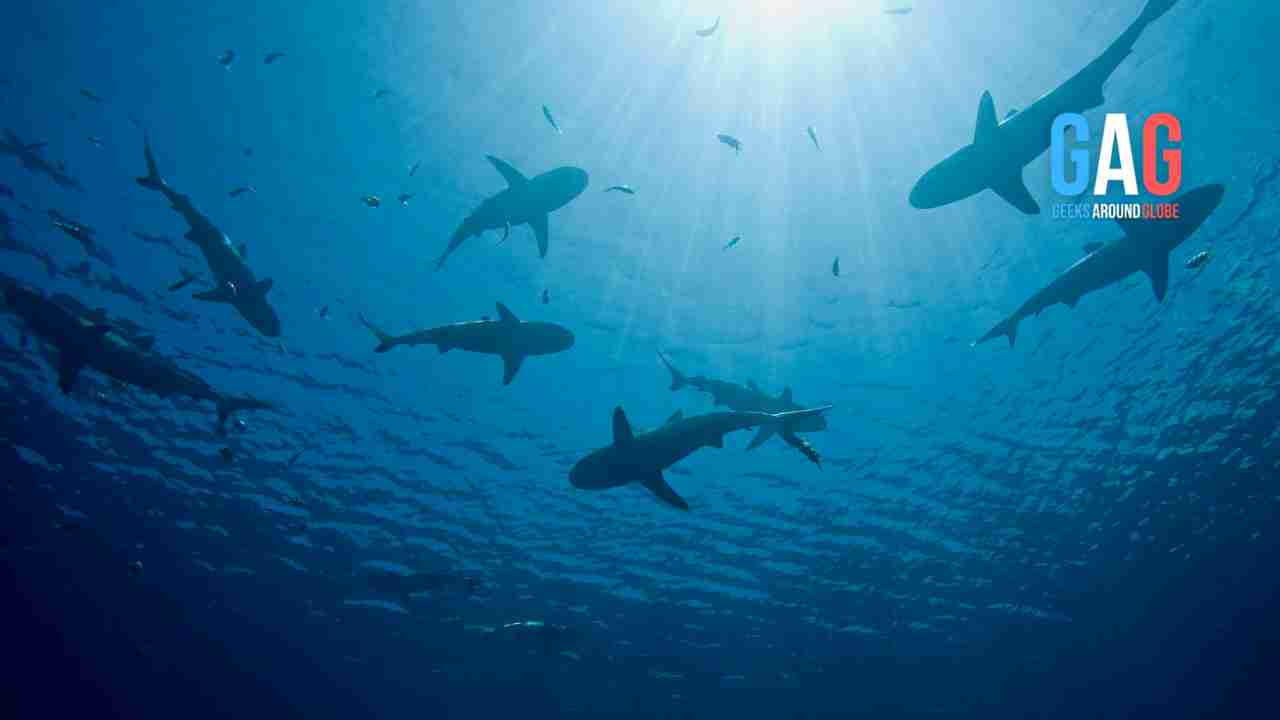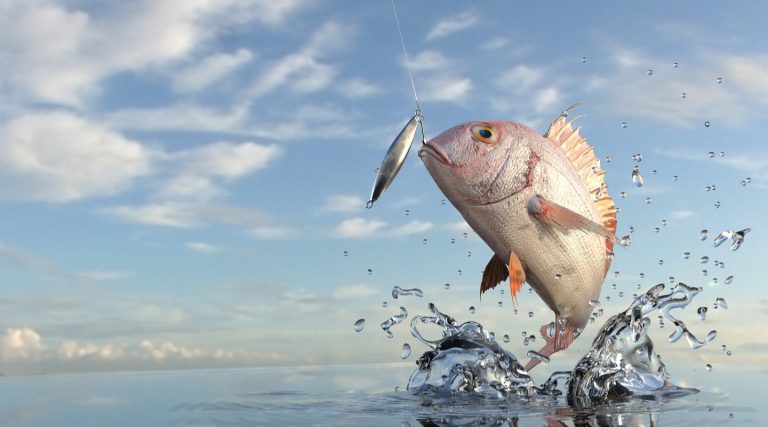Did you know that the lemon shark is one of the most common species of shark found in tropical and subtropical waters around the world? However, human activities like commercial fishing, the destruction of coral reefs, and climate change are putting this species at risk. This article will go over the threats posed by human activity and climate change, as well as what we can collectively do to help the species survive.
The Lemon Shark
Lemon sharks, or Negaprion brevirostris, are large, robust sharks that typically grow between 2–3 meters (6.5-9.8 feet) in length and can weigh up to 250 kilograms (550 pounds). They have a flattened wedge-shaped body with a pointed snout and large, long pectoral fins for stability in the water. These sharks have small eyes and their upper bodies are covered in a distinctive yellow hue that gives them their name.
Lemon sharks prefer shallow estuaries and coral reefs near shorelines as their habitat, often found swimming close to the surface of the ocean. They hunt mainly on fish such as herring, mullet, rays, grunts, eels, snappers, croakers, and other invertebrates like crustaceans and mollusks. Occasionally they have also been observed to hunt sea birds. Lemon sharks also use their keen sense of smell to help them locate food, allowing them to find prey even in murky waters.
Impact of human activity on lemon sharks
Commercial and recreational fishing is a significant threat to lemon sharks and can have long-term detrimental effects on the species’ population and habitat. Commercial fishing practices often involve large nets, trawling, and long lines which unintentionally entangle, injure, or kill Lemon Sharks. Additionally, incidental bycatch of Lemon Sharks in fisheries targetting other species has become increasingly common.
Recreational fishing also poses a threat to Lemon Sharks due to the use of large hooks and heavy tackle used for catching large fish such as marlin and tuna. This type of fishing has been known to cause injury or death to Lemon Sharks due to their sensitive skin and inability to free themselves from the hooks once caught. The use of artificial or “junk” baits is particularly dangerous for Lemon Sharks as they are more likely to be attracted to these baits than natural ones and are therefore more likely to swallow them. This can lead to internal injuries or even death if the bait is not easily digestible.
Coral destruction and Climate Change
In addition to human activity, lemon sharks are also susceptible to the effects of climate change and coral reef destruction. In response to rising ocean temperatures, lemon sharks are forced to migrate to new habitats, often traveling long distances in search of cooler waters. This can lead to dehydration and exhaustion, as Lemon Sharks are not adapted for long-distance migrations.
Rising ocean temperatures also affect the physiological processes of these animals by altering their metabolism, growth rate, and reproductive success. Additionally, higher concentrations of carbon dioxide in the atmosphere are making oceans more acidic which makes it harder for many aquatic species – including Lemon Sharks – to form calcium carbonate shells or skeletons that they need for protection against predators.
Similarly, the destruction of coral reefs also has a direct impact on lemon sharks, as they rely on these fragile ecosystems for food and shelter. Coral reef destruction can reduce prey availability, cause habitat fragmentation and degradation, and disrupt the social behavior of Lemon Sharks. It can also have a detrimental effect on their reproduction, as female Lemon Sharks use coral reefs as sites for nursery grounds where young Lemon Sharks can find safety from predation until they reach adulthood. As coral reefs become rare and more degraded due to human activities, the future of the species is increasingly uncertain.
Conservation Efforts
Conservation efforts aimed at helping Lemon Sharks are growing in scope and effectiveness. Governments, local communities, and non-governmental organizations around the world are increasingly recognizing the importance of protecting this vulnerable species from extinction.
In the United States, the National Oceanic and Atmospheric Administration (NOAA) is leading an effort to protect Lemon Sharks with a proposed rule under the Endangered Species Act that would provide federal protection for these animals. This proposed rule includes measures such as prohibiting certain kinds of fishing gear, limiting catches of Lemon Sharks by commercial fisheries, providing additional protections for their nurseries and habitats, and increasing monitoring of populations to ensure healthy levels.
At the international level, efforts are also underway to protect Lemon Sharks from overexploitation. The Convention on International Trade of Endangered Species (CITES) has implemented further restrictions on the international trade of Lemon Shark products such as fins, skin, teeth, and meat. The World Wildlife Fund is actively working to reduce human encroachment into important habitat areas for Lemon Sharks by lobbying governments to create marine protected areas where fishing activities are prohibited or strictly monitored.
Finally, education campaigns are being used to raise awareness about the plight of these sharks and show people how they can help protect them in their everyday lives. For instance, some local communities have established “Lemon Shark Watch” programs in which trained volunteers patrol beaches to monitor any potential threats to local shark populations. Additionally, consumer campaigns urge people not to purchase shark fin soup or other dishes made with parts harvested from endangered shark species like lemon sharks. Through education initiatives like these, we can ensure that future generations will still be able to enjoy the beauty and mystery of these majestic creatures.
Overall it is clear that human activity combined with climate change is having an immense negative impact on lemon sharks worldwide—both directly through fishing and habitat destruction as well as indirectly through environmental changes caused by global warming. To protect this species we must work together to reduce commercial fishing operations and educate recreational fishers on responsible practices; promote sustainable ecotourism; reduce pollution from land-based sources; protect coastal wetlands; rebuild damaged coral reefs; limit emissions; adjust fisheries regulations accordingly; support research into climate adaptation strategies; and finally create greater awareness about the plight of this iconic species so that people around the world can help in its conservation efforts.







